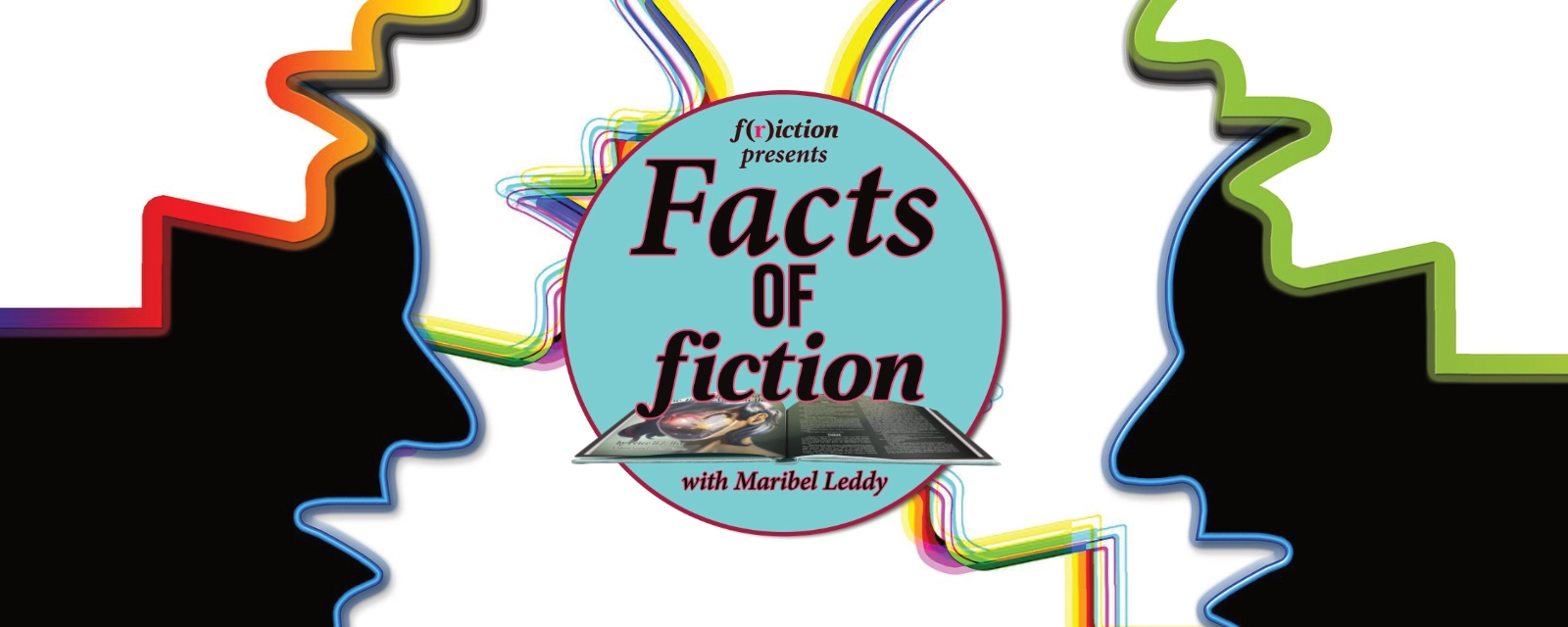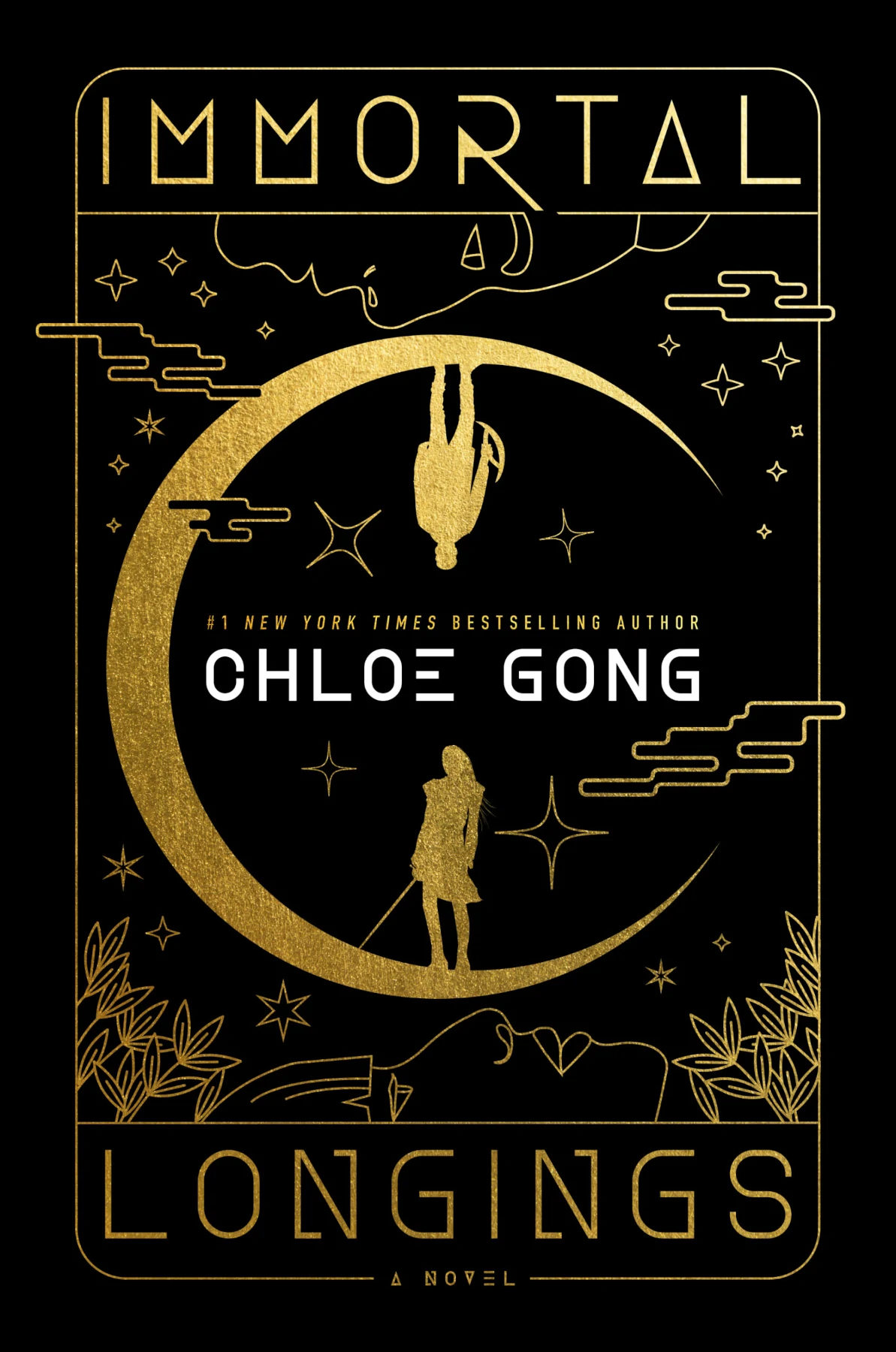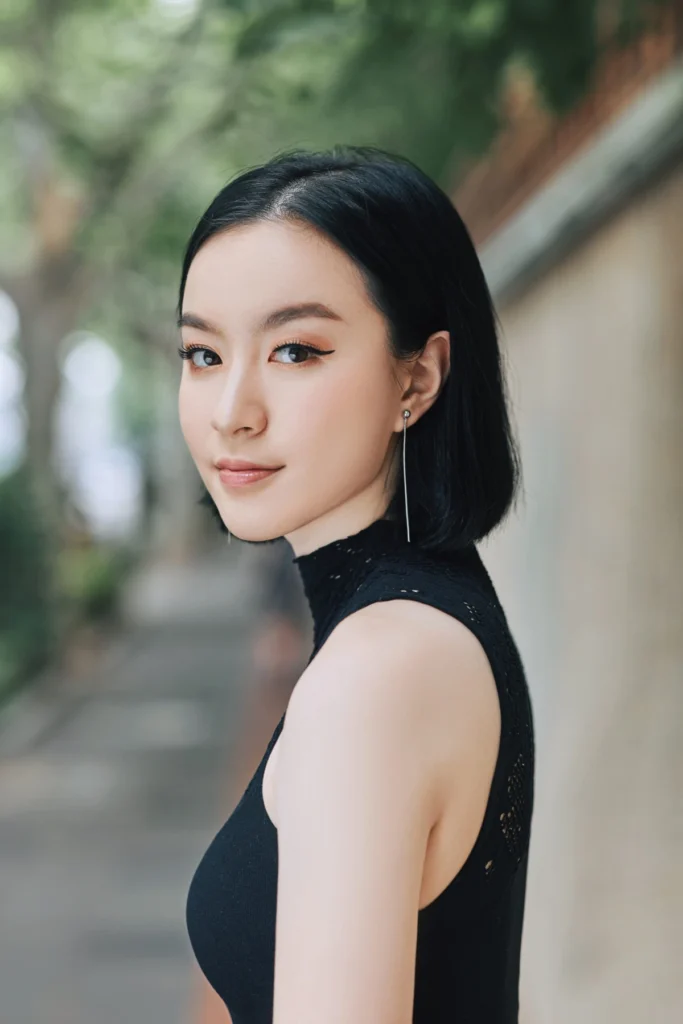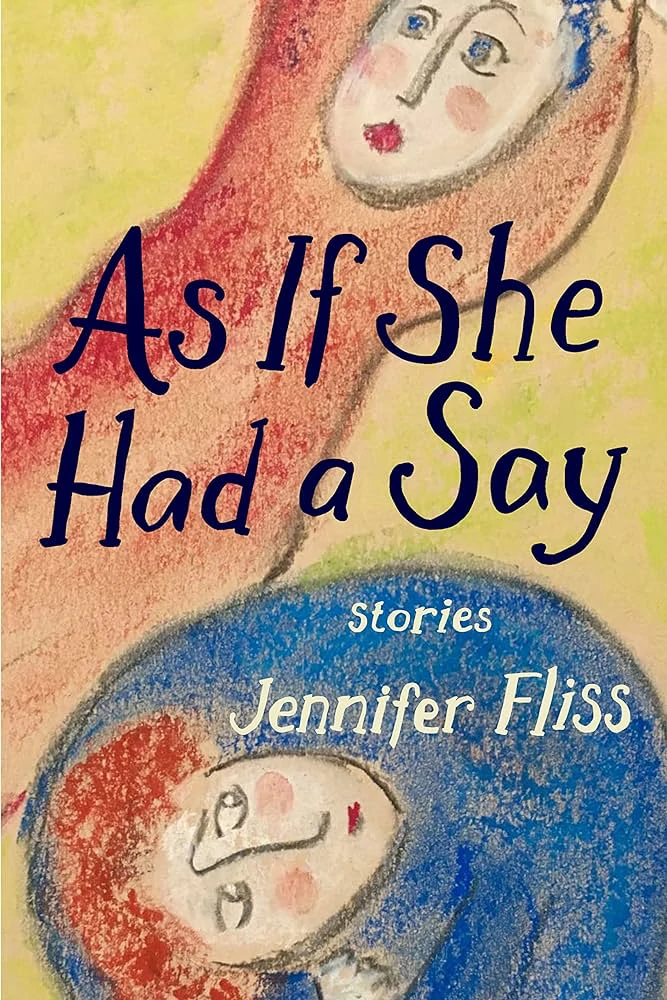
Make Your Character Talk Back: How to Write Compelling Dialogue
Dialogue is one of a writer’s most useful tools in storytelling. It helps a storyteller show rather than tell, establish character dynamics, provide exposition actionably, and keep scenes moving forward. But getting dialogue right can be tough. How do you get characters to sound like real people while making what they say relevant to the story? Crafting good dialogue can be a tricky balance between sharing important information, keeping in mind characters’ back stories and relationships with each other, and making it fun and interesting for a reader to keep reading. Bad or poorly used dialogue will stick out like a sore thumb, whether it’s in a novel, short story, film, TV show, or other form of media.
Learn how to avoid writing bad dialogue and when to use it in a story. Plus, get some formatting tips and tricks to make your dialogue look clean and readable.
Understanding Dialogue
Firstly, what is dialogue? In storytelling, it is usually a conversation between two or more people. Sometimes it can be a single person expressing themselves. Monologues are also a form of dialogue. In general, dialogue has five major purposes in a story:
- To communicate. The most obvious reason to use dialogue, communication between characters is essential to telling a good story. Dialogue should be used when you need characters to communicate with each other, to the audience, or even to themselves.
- To show rather than tell. Dialogue can be an effective and quick way to get across information like who a character is, what they do, where they’re from, and more. Screenplays and plays of all kinds use dialogue as the primary function by which to share information, aside from visuals.
- To establish character relationships. In real life, the way that people talk to each other changes depending on their relationship with one another. You wouldn’t speak with a stranger with the same level of familiarity that you would a friend. You (hopefully) wouldn’t speak to your boss like you would your sibling. The world of stories is full of interesting characters who have relationships to each other, and so the way a character speaks to another character can show how they feel about them.
- To provide exposition actionably. Dialogue can also be used to share things like character backgrounds, details about the setting, explanation of events that took place before the current narrative timeline, and to set up the world the characters are living in.
- To move the scene forward. Sometimes when writing, if a scene feels like it’s stuck and dragging on as you craft the prose, a good way to get over this block is by writing dialogue between two characters. Whether or not this ends up in the final draft of the work, it should help move the scene forward. By forcing two (or more) characters to interact, you are creating action. That action can then help move the plot forward.
Utilizing Dialogue Tags Effectively
Unsurprisingly, not everyone feels the same about dialogue. Although of course there are some generally accepted rules, there’s also confusion out there about the proper use of certain aspects of dialogue. One of these aspects is dialogue tags.
Dialogue tags are a part of a line of dialogue, specifically in prose writing, that indicates who is speaking. For example:
“I went to the restaurant at seven, but you never showed up.” She said.
The “she said” part is the dialogue tag. Dialogue tags can generally be broken into two types:
- Character tags: A pronoun or character’s name plus a verb of expression, like the above example. Examples: “He asked,” “Jonathan said,” “Winona informed him.”
- Action tags: A description of an action a character performs attached to the dialogue that effectively communicates who says that dialogue. For example:
- Mike opened the door. “Oh, hello, Dustin. Wasn’t expecting you.”
When using an action tag over a character tag, it should be very clear which character is speaking. If it’s not clear, it’s best to add a character tag. But sometimes, using a character tag will feel redundant and weigh the narrative down. Best practice is to read back through any dialogue and search for places where character tags are missing. If it’s ever unclear who may be speaking a line of dialogue, you likely need a character tag to clear up any confusion. On the other hand, in areas where it’s very obvious who is speaking without a character tag, you can fall back on action tags or simply on nothing. This is the kind of writing that only gets better with practice, so make sure to check out our exercise below so you can try your hand at it!
One thing to keep in mind with dialogue, and specifically character, tags is what verb you use with the character name or pronoun. American novelist, short story writer, and screenwriter Elmore Leonard believed you should never use a verb other than “said” to carry dialogue. This is because the sole purpose of these character tags is to indicate who is speaking. Within prose, you generally want the dialogue itself to stand out, not the character tag next to it. By using words other than “said,” you could be calling too much attention to the dialogue tag.
Beyond this, there are usually better ways to express the kind of inflection a character may be using while speaking. Here are four ways to say the same sentence:
- “You don’t know anything!” he shouted.
- “You don’t know anything,” he said, face turning red with anger.
- “You don’t know anything.” His booming voice felt like a slap to the face.
- “You don’t know anything,” he said in a small voice.
All of these are different ways to say the same thing, but each one has a distinct vibe. The first comes off as redundant. The exclamation point and the word shouted are both expressing the same thing. It’s clear, but it’s also unnecessary. The second is a bit better. It shows a physical expression of rage that colors the words the dialogue is expressing. The third utilizes the concept of showing rather than telling and figurative language to not only get across that he’s shouting, but also to show how it’s affecting the other character. This takes it beyond just speech and into the territory of character dynamics. The final one reverses the initial idea that he shouted.
None of these examples are necessarily wrong, and while reading you’ll likely come across versions of all of them. The best way to determine what you should do in a story is to understand exactly what is necessary to your storytelling. Let’s say it doesn’t really matter how this character expressed what they said, only the content of their words was important. In that case, a simple dialogue tag should do the trick. Let’s say the most important part is how these words affect the narrator or other character in the scene. Then, the third way that dialogue is expressed above would be the most effective.
In general, it’s best to lean on Elmore Leonard’s words as a good rule of thumb. Don’t stray too far from “said” when utilizing character tags. Mix up these tags with action tags to keep things interesting and flowing. Remember that punctuation can go a long way in expressing whatever it is you may be trying to express. For example, a question mark used at the end of a sentence is more effective and simpler than tacking on “she asked.”
Writing Effective Dialogue
Now that we’ve established what dialogue can be used for, let’s discuss how to write it effectively. Just like how real people have different ways of speaking, characters too should have distinct voices. What they say and how they say it should reflect their personality and background. It should also sound realistic, to an extent.
For example, a character who is a child should probably not use words they wouldn’t know or express themselves in ways only an adult would, unless they’re some kind of child prodigy or genius like Artemis Fowl. Additionally, in real life, speech is often broken up with hesitations and wanderings—“uhm,” “you know,” “like”—and these should only be used sparingly in actual writing—unless you want to drive your reader crazy. While most people aren’t as clear and concise as most written dialogue is, in a story, you’re trying to get across as much information as possible in as few words as possible, so this should generally be avoided. There are exceptions, of course. For example, let’s say you’re writing a character who is a stereotypical valley girl. To get this across simply, you may write:
Vanessa flipped her hair over her shoulder and popped her gum. “Like, exactly. Why would I want a Dior when I could have an Hermés?”
In this case, the “like” at the beginning fits a certain personality trait you’re trying to get across. It’s a linguistic fingerprint, or speech habit specific to a character.
Linguistic fingerprints can appear in many forms. A character might constantly trail off on the ends of their sentences, a sign of them being indecisive or overly contemplative. Or maybe they specifically do not use contractions as a sign that they dislike taking shortcuts or strongly value proper grammar (or, in science fiction, to indicate they are an android or robot). It can also be an indication of their general age or education level.
On that note, one thing you absolutely don’t want to do is fall into stereotypes or be offensive. Be as respectful to your characters as you would be to people in real life. One much debated topic that can fall into this category is accents. In general, it’s okay to say something like, “She spoke with a posh British accent,” or, “He had that distinct Southern twang.” Readers will know what this means and can apply it to the text themselves. Some authors do dive into changing the way the words look on the page to match an accent. This is done either to good or very poor effect. Unless you truly understand an accent and can speak it, or are VERY confident in taking this approach, it’s generally best to avoid doing this. At the very least, make sure to do your research on accents and writing them before going down this route. For some good examples of authors successfully writing accents, check out this list.
Utilizing Subtlety
Another essential aspect of writing good dialogue is employing subtlety, or subtext. Subtext is the implicit or metaphorical meaning found in writing or conversation. It’s what’s underneath the actual words on the page. In real life, people don’t always say what they mean or they say as little as necessary to convey their point because people also use body language to communicate things they don’t necessarily say out loud. They may exaggerate, hyperbolize, minimize, lie, embellish, or simply lack the words needed to express what they really mean. Societal and cultural norms can also sometimes prevent people from saying exactly what they mean to say. Mastering good dialogue will mean mastering imbuing the dialogue you write with subtext—the meaning underlying the words actually said. Here are some examples of what dialogue with subtext looks like in practice.
How to Format Dialogue
One of the first ways to identify a writer who is just starting out versus someone with more experience is how well they format dialogue. It can be tricky and difficult to remember all of the rules, but it’s essential to getting right for the sake of readability. Some readers may not even bother with work if the dialogue is improperly formatted. And, if you’re trying to get published, you must get formatting right to show publishers that you know what you’re doing.
So what are the rules for formatting dialogue? Please note that this is specific to American English and there may be other rules for other regions and languages.
- Quotation marks: Double quotation marks should surround any spoken words, as such: “I miss you.” In the case that you have a quotation within speech, use single quotation marks for the secondary quote: “Can you believe he told me that? ‘I miss you.’ What a jerk.”
- Dialogue tags: These should remain outside of the quotation marks, as such: “I miss you,” he told me. Dialogue tags can also come before the dialogue itself, in which case the same rule applies: He told me, “I miss you.”
- Punctuation: Always tuck your punctuation. This means that any punctuation marks you may use in dialogue belong within the quotation marks. For example:
“I miss you,” he said.
CORRECT
“I miss you”, he said.
INCORRECT
Additionally, dialogue tags following exclamation points and question marks (rather than a comma) should begin in lowercase.
“Why haven’t you called?” he said, crossing his arms over his chest.
Em dashes, not to be confused with hyphens or en dashes, should be used to indicate interruptions and abrupt endings in dialogue. The dashes should also be placed within the quotation marks.
He crossed his arms over his chest and said, “I miss you and I—”
I shook my head. “No offense, but I really don’t want to hear it.”
Finally, when dialogue ends with an ellipsis, you don’t need any additional punctuation. Ellipses should only be used when the speaker is trailing off.
“I miss you and I just thought…” he said, his voice trailing off.
- Action tags: Actions that occur before or after dialogue should be given their own sentence:
I reached over to touch his hand.
He started to cry. “I miss you.”
- New speakers: Every time the speaker changes, you need a new paragraph with an indent. The conversation will look something like this:
He stood with his arms crossed over his chest, frowning at me.
“I miss you,” he said.
I scowled. “I haven’t missed you one bit.”
“I don’t think that’s true,” he said, shaking his head. “I think you’ve missed me more than you let on.”
As you can see, when the same speaker’s line of dialogue is broken with an action (as in the final sentence of the example above), you can continue in the same paragraph without entering and indenting.
- Action interrupting dialogue: Along with not having to enter and indent as stated above, action that comes in the middle of dialogue should remain in lowercase, unless it’s an action unrelated to the dialogue. For example:
“I always loved you, you know, he said, twirling his cigarette, “but you never loved me back.”
VERSUS
“I always loved you, you know.” He stood up, took a cigarette from the pack and pointed at her. “But you never loved me back.”
- Long speeches: Sometimes you’ll need a character to deliver a long speech or monologue. In this case, you may need to split up their dialogue into more than one paragraph. When doing this, you place a new set of quotation marks just at the beginning of the new paragraph without closing the quotation marks at the end of the previous one. Then, at the end of the entire speech, you put end quotation marks. For example:
He told us the story of how it happened. “One day, I was walking along the East River when I saw him—the strangest man I’d ever seen! He wore a purple top hat and thick green coat, even though it was very warm and humid that day. He flagged me down, waving all crazy from the other side of the bank, and so I made my way towards him. Then, we had the strangest conversation I’d ever had.
“He told me that he knew my mother—my mother who’s been dead for over twenty years! And that he knew me when I was just a young boy. I didn’t believe him of course. I wanted to, but I didn’t.”
When in doubt about how to format a piece of dialogue, always fall back on these rules. Tucking punctuation, utilizing action and character tags correctly, and remembering to close those quotation marks will go a long way in helping your dialogue appear professional and readable.
The Dos and Don’ts of Writing Dialogue
Let’s now make sure you know what to and not to do when it comes to even including dialogue in your text.
- DO keep it concise and purposeful.
- DO make sure it serves the plot and/or character development.
- DO make it sound natural and authentic.
- DO format it properly.
- DON’T include long, meandering conversations with no purpose.
- DON’T just dump info and exposition utilizing dialogue.
- DON’T make your characters all sound the same.
- DON’T forget to add dialogue tags for clarity.
Practical Tips
Working on improving your dialogue skills? Here are a few ways to tackle this:
- Read dialogue out loud. This is a rule of thumb with pretty much all writing, but for dialogue in particular it is helpful to read out loud to check for issues of flow, sentence structure, and any oddities.
- Listen to real conversations for inspiration. The way that people talk and the things they choose to talk about are great pools of inspiration for your own writing.
- Partake in writing exercises to practice dialogue skills. Start with the one below!
Exercise
Write a scene between two characters wherein all of the important information of the scene is said through spoken dialogue.
Teaching Characters Speech
In all, we hope you feel more confident and ready to tackle dialogue writing. It’s an important way to have characters interact and communicate, showing off their personalities, providing information to the reader, and moving the plot forward. With dialogue writing, practice certainly makes perfect, so make sure to take on the exercise in this blog as a way to get started.
Looking for more writing tips and tricks? Check out the rest of our Facts of Fiction series.


